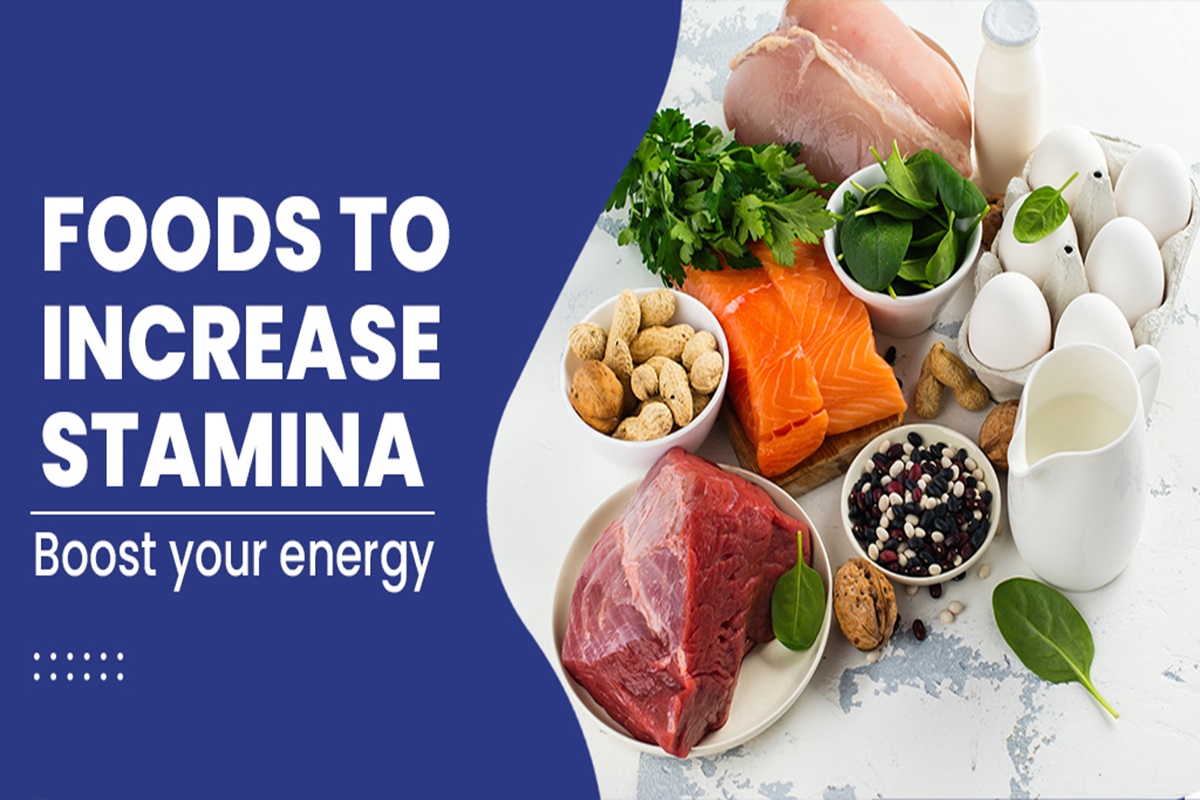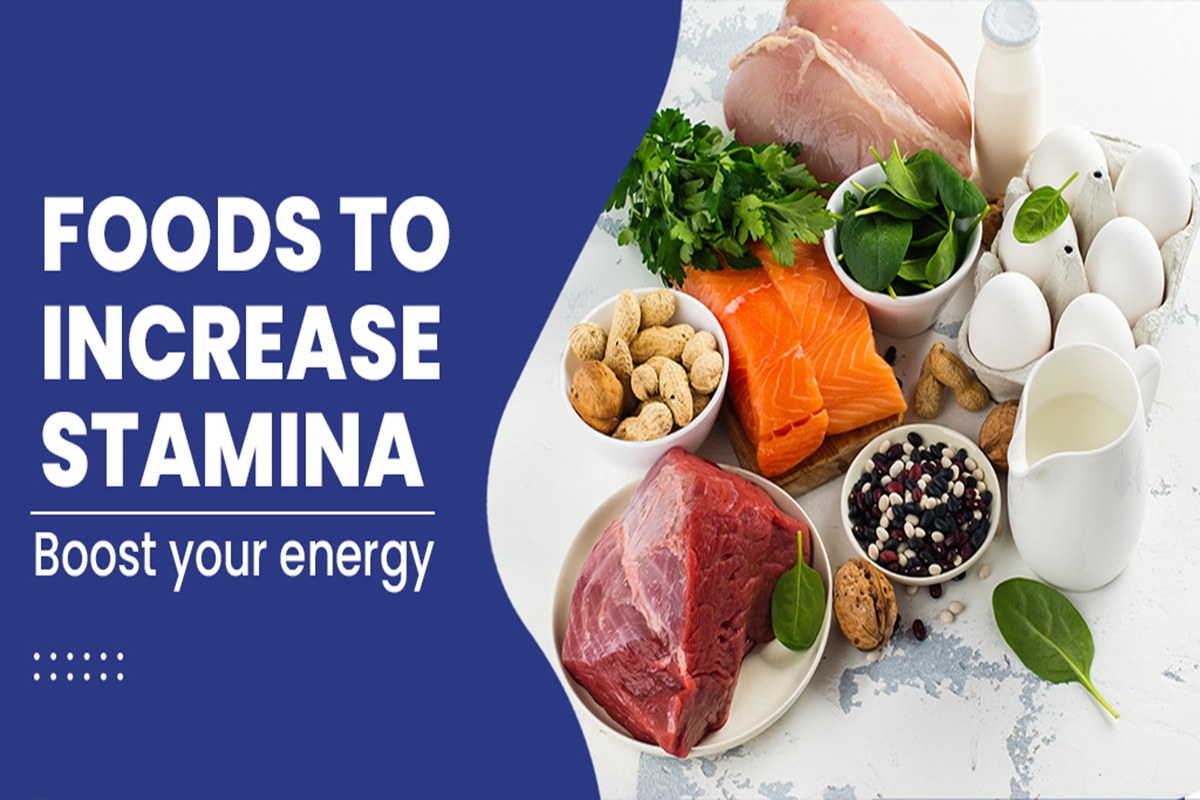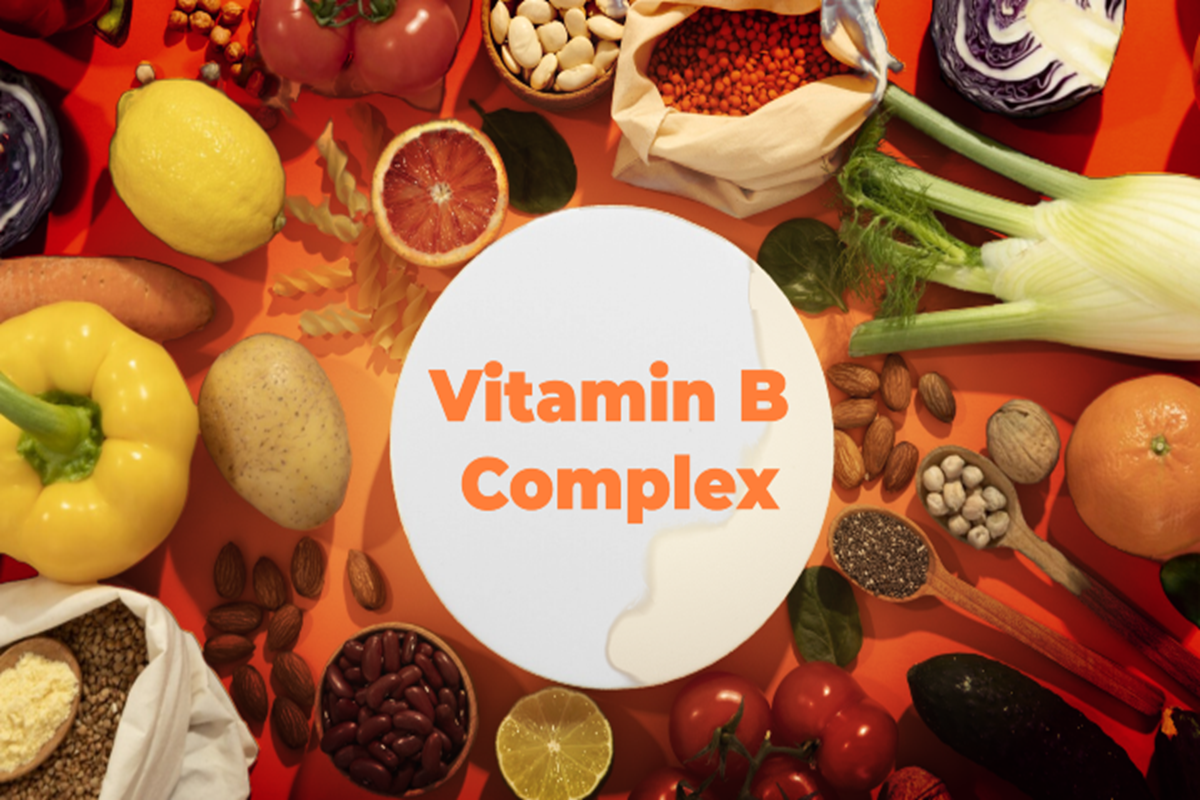In the hustle of daily life, men often face the brunt of physical demands, from navigating traffic to meeting the challenges of the workplace. Maintaining stamina and focus is crucial for performance and well-being. Here’s how the right food choices can make a significant difference.

Power Foods for Sustained Energy
- Lean Proteins: Chicken and seafood are excellent sources of high-quality protein, essential for muscle repair and endurance, with the added benefit of being low in unhealthy fats.
- Omega-3 Rich Fish: Incorporating fish into your diet provides omega-3 fatty acids, known for their anti-inflammatory properties and positive effects on cardiovascular health.
Natural Performance Enhancers
- Dark Chocolate: A small amount can lower blood pressure and improve blood flow, aiding in sustained mental focus.
- Cherries: These fruits are not only delicious but also boost motivation and support weight management efforts.
Essential Foods for Daily Stamina
- Eggs, Bananas, and Dates: These staples are packed with nutrients like protein and potassium, which contribute to energy levels and muscle function.
- Dairy Products: Regular consumption of milk or yogurt ensures a steady intake of calcium and protein, vital for bone health and physical strength.
The Green Advantage
- Vegetables and Fruits: A diet rich in these provides a spectrum of vitamins and antioxidants, supporting overall health and immunity.
- Dry Fruits: For an instant energy lift, dry fruits like almonds and walnuts are portable powerhouses of nutrients.
By integrating these foods into your diet, you’ll not only see an improvement in stamina but also gain protection against chronic diseases such as diabetes and hypertension. Adopting these dietary strategies can lead to noticeable improvements in both physical and mental performance, ensuring that men are equipped to tackle the demands of their active lifestyles.









